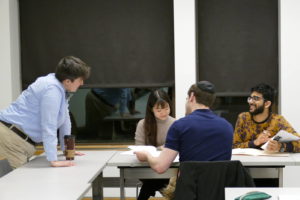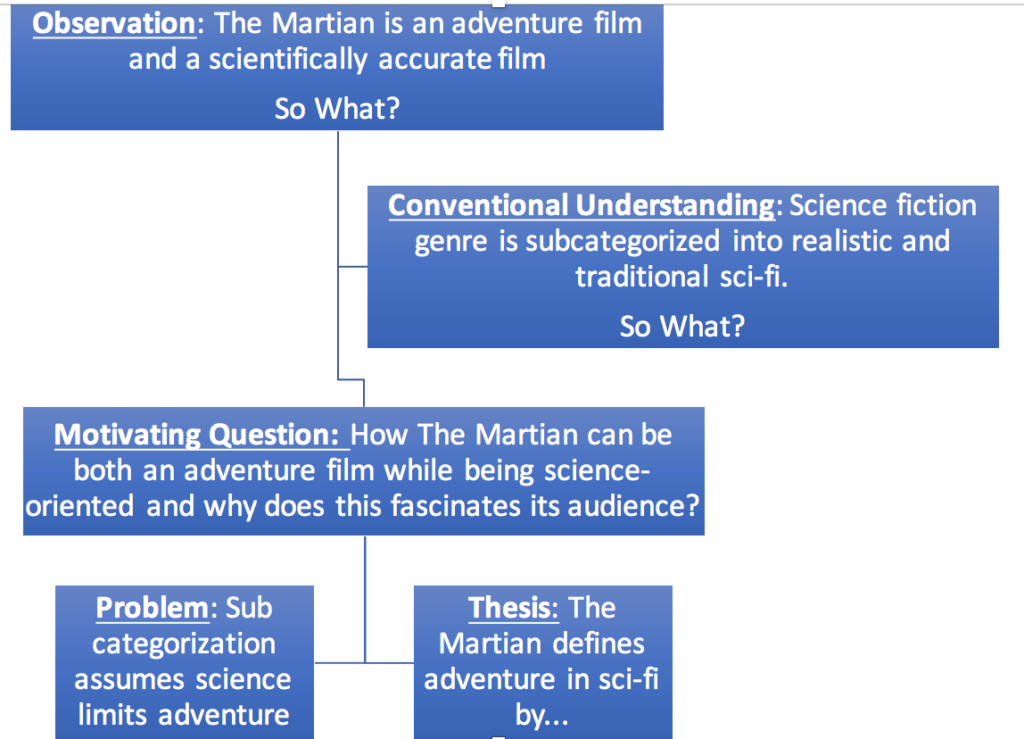
Writing seminar is a unifying challenge for all first-years at Princeton.
If you are currently overwhelmed by the terms “motive”, “scholarly conversation”, and “literary sources”, you are probably tired of hearing “just get through it” when asking others for advice on how to navigate writing sem.
Although writing sem will probably challenge you more than any type of writing you did in high school, managing the coursework does not have to be overwhelming. Here are a few tips that helped me reduce the stress of writing seminar and gain the most from my experience:
Visit the Writing Center Early
The Writing Center is a wonderful resource to receive feedback on your assignments. But don’t wait until the day before your assignment is due to visit the Writing Center, or you will not have enough time to update your draft. I found it more useful to receive feedback on my essay after writing my introduction and thesis and creating a detailed outline of my arguments. That way, I could receive feedback on the structure of my essay and make major organizational changes without having to rewrite the whole paper.
Meet With Your Professor Before Writing Your Draft
After my 1-on-1 conference with my professor to discuss the draft of my first paper (D1), I wrote an entirely different paper for my revision. The thesis and arguments on my D1 were not exploring my primary source deeply enough, so my professor gave me feedback on how to improve my essay. Although the conference was very useful, I could have avoided writing an entire draft based on an inadequate thesis if I had met with my professor before my first draft was due to discuss my ideas. To avoid this mistake, attend your professor’s office hours and discuss your thoughts before writing your draft.
Schedule Follow-Ups with your Professor
Discussing specific aspects of your draft during your 1-on-1 conference will give you a clearer idea on how you can improve your final revision. After addressing the suggestions your professor makes, it is valuable to follow-up with your professor and discuss how your paper is evolving before submitting the final revision. This way, you will be sure that you are implementing your professor’s comments effectively. Not only will this help clear up any confusion, you will probably also receive additional feedback from your professor to make your argument even stronger.
Make Flowcharts, Especially for your R3

For your final paper (your R3), you will be asked to do research and formulate your own motivating question and argument. This challenging task will combine everything you learned in class because not only must you develop a thesis and argument, you also need to identify the scholarly conversation you want to engage in. Because you are responsible for identifying so many elements in the paper yourself, it is helpful to organize your ideas into a chart and to ask yourself “so what?” in between every step. You will be analyzing multiple sources, so it is likely that the first observations you make will only be a surface-level analysis. For a more in-depth argument, write down observations and keep asking yourself “so what” until you reach a question that challenges what you already know about your topic.
—
For every assignment, try different strategies and determine which work best for you. Although the assignments will become more difficult throughout the semester, you will get better at breaking them down. You will also learn how to begin applying these strategies to your other courses.
The purpose of writing seminar is to prepare students for the assignments they will encounter at Princeton. Throughout your time at Princeton, these strategies will not only be useful for writing seminar; they will be useful for independent work, JPs, your thesis, amongst many other writing projects. For all of these assignments, make sure to utilize all the resources at your disposal: visit the writing center, meet with and follow-up with advisors, and to stay organized. You can also attend the Mary George Research Conference as an additional resource to guide you through writing sem.
I hope you find these strategies useful throughout writing seminar and throughout your time at Princeton.
–Saira Reyes, Engineering Correspondent

